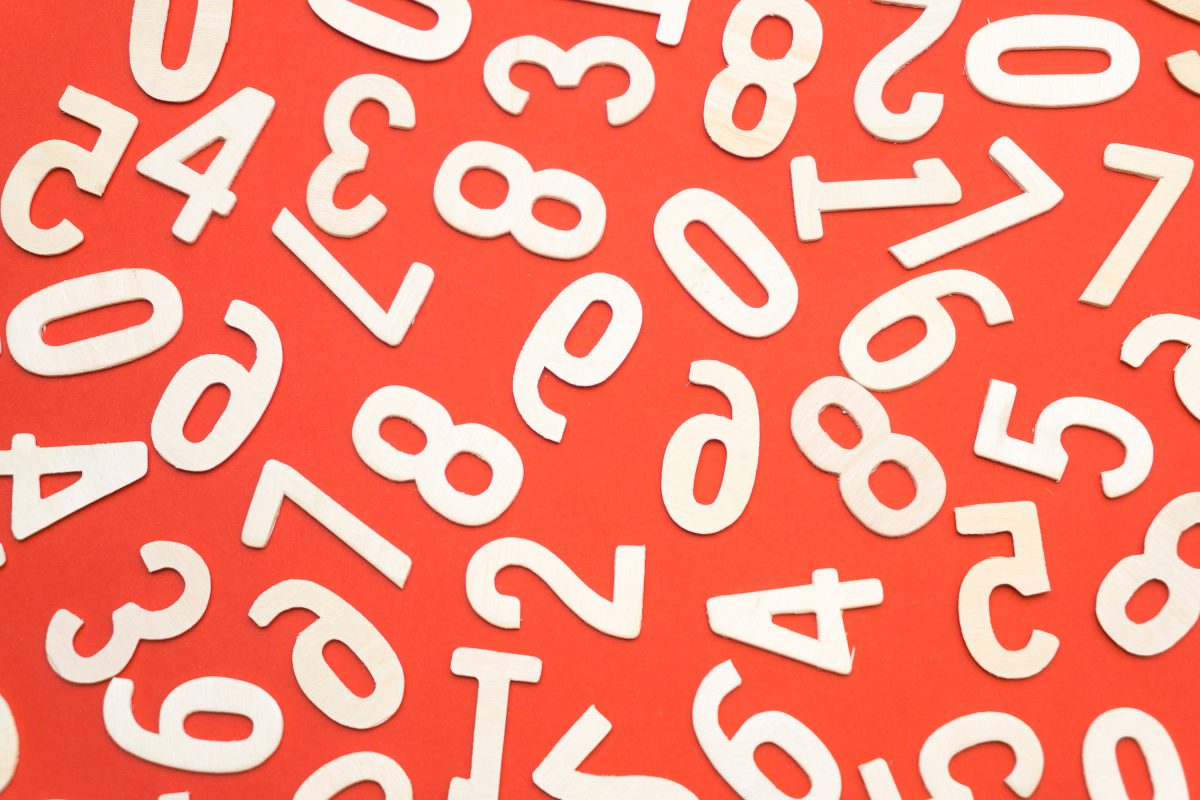Written By: Marissa Greene
How familiar does this scenario sound to you? One day while bored on the internet you decide to do what most people do when bored on the internet — you take a personality quiz. Whether it be just for the fun of it or for personal development, after a quick google search, you have thousands upon thousands of options to choose from. Whether that be the Myers-Briggs Type Indicator assessment, the Sixteen Personality Factor Questionnaire, or perhaps you simply want to find out if you would be a Hufflepuff or Gryffindor while as student at Hogwarts, a personality test might have shaped you in one way or another.
Despite whatever preconceptions you may have about personality tests, there may be one that you might want to know more about, and that is the Enneagram of Types.
“The Enneagram of Personality Types is a modern synthesis of a number of ancient wisdom traditions, but the person who originally put the system together was Oscar Ichazo.” According to The Enneagram Institute.
Ichazo was searching for a systematic approach to applying all of his teachings on “psychology, cosmology, metaphysics, spirituality, and so forth, combined with various practices to bring about transformations of human consciousness,” (The Enneagram Institute). He, and a group of psychologists and writers, Claudio Naranjo and John Lilly, visited Arica, Chile in the late 1960s and early 70s to study Ichazo’s findings and most notably, the Enneagram symbol.
Although the Enneagram Symbol has ancient roots in Greek philosophy, the symbol was “reintroduced to the modern world by George Gurdjieff, the founder of a highly influential inner work school,” according to The Enneagram Institute. Which is what many of us may be familiar with today.
The Enneagram of Personality Types is a set of nine numbers that represent nine basic personality types.
- One: The Reformer
- Two: The Helper
- Three: The Achiever
- Four: The Individualist
- Five: The Investigator
- Six: The Loyalist
- Seven: The Enthusiast
- Eight: The Challenger
- Nine: The Peacemaker
Although these numbers give some foundation to the lengthy process of fully understanding the enneagram system, these numbers don’t solely identify the individual. As a matter of fact, everyone will resonate with each of the numbers to a certain degree.
However, unlike other personality typing systems, The Enneagram of Personality Types functions differently because there is no “official” enneagram test.
“Technically, we really are not supposed to take a test to identify our number. It’s one of the reasons why I don’t push a test or workshop” said Lauren Christian, a Student Life Coordinator at Austin Community College.
For the Fall 2020 semester, Christian has been hosting a virtual enneagram workshop series with ACC Student Life that breaks down the nine basic personality types into three triads: the gut, the heart, and the head. These events are dedicated to helping students better understand The Enneagram of Personality Types and discover their conscious or subconscious motivations.
“Two different people can have similar actions for very different reasons and very different thought patterns behind them. So the enneagram is a personality typing system that looks at the motivations that a person has learned through their life,” said Christian.
Through this enneagram workshop series, students will be able to learn not only more about their motivations but also get a better understanding of those around them and how to communicate with them. Not only that but also how to utilize information from the enneagram workshop to identify better ways to be productive.
Through Christian’s own personal experience learning about her enneagram number, she shares how she applies this concept to combat situations where she feels the least productive.
“One of the common things about the nine’s is that momentum is one of the biggest things. So if you slow down, it takes a lot of energy to get back out of it. If you get going, you can keep going,” said Christian.
Christian also states that because she has learned more about the enneagram system, she is able to make personal reminders to keep her momentum going or even communicate her needs to others when in need of help.
“It can help you better understand ‘Why am I slowing down?” or “Why am I speeding up?” That can be applied to school work, relationships, and things like that,” said Christian.
There are two workshops left for the remainder of the semester. On Oct.19 the workshop will cover enneagram numbers two, three, and four that make up the heart triad. On Nov. 9 the event will wrap up the series with enneagram numbers five, six, and seven, also known as the head triad. Students are encouraged to participate in all the workshops no matter how much background knowledge one has about this concept.
“Come with any questions you may have and be ready to look at yourself and your motivations,” said Christian.
For more information on the Enneagram Workshop Series or to RSVP, visit the MYSL Website.


